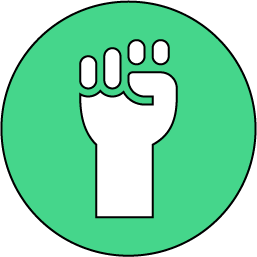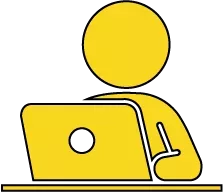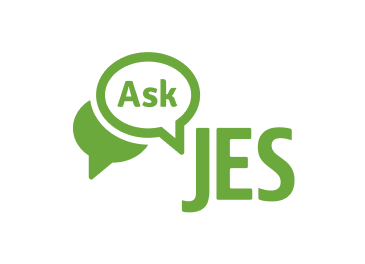Results (5)

Safety at Work
In British Columbia, you have the right to refuse unsafe work without facing punishme…

Working 101
Starting your first job in British Columbia? Learn your rights—like minimum wage, saf…

Can I get searched at school?
In British Columbia, school officials can search students if they have reasonable gro…

Internships, apprenticeships, volunteering, and practicums… Oh my!
Explore your rights and responsibilities in internships, apprenticeships, volunteerin…

Age Based Rights
Discover your rights and responsibilities at each age in British Columbia—from school…
 Crime & Police
Crime & Police Money Stuff
Money Stuff Health & Sexuality
Health & Sexuality Legal Life Skills
Legal Life Skills Driving
Driving Family
Family Work & School
Work & School Housing
Housing Basic Rights
Basic Rights




